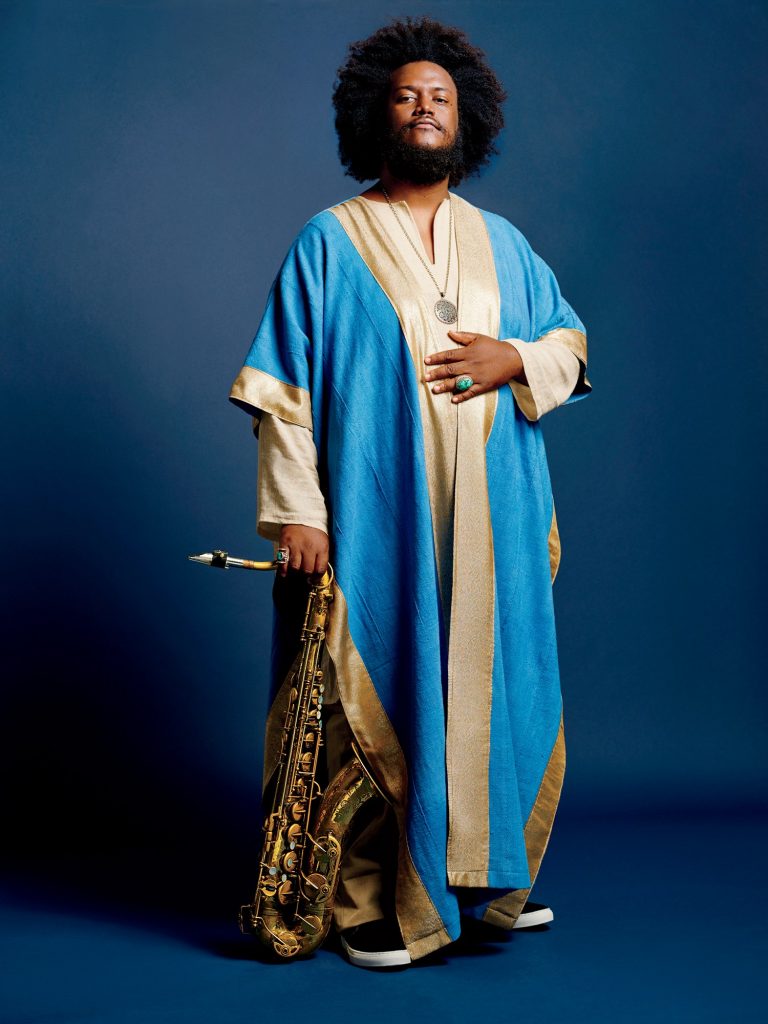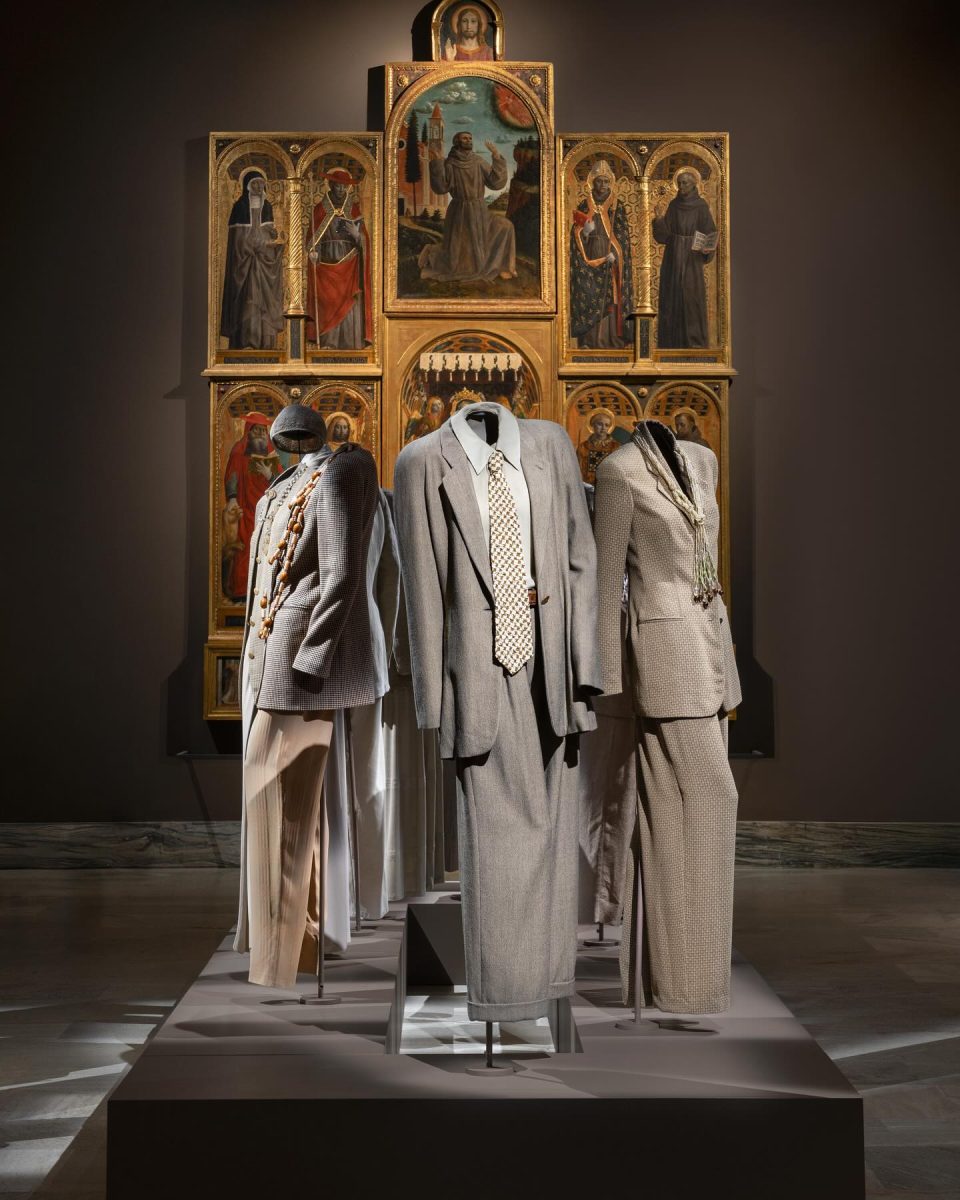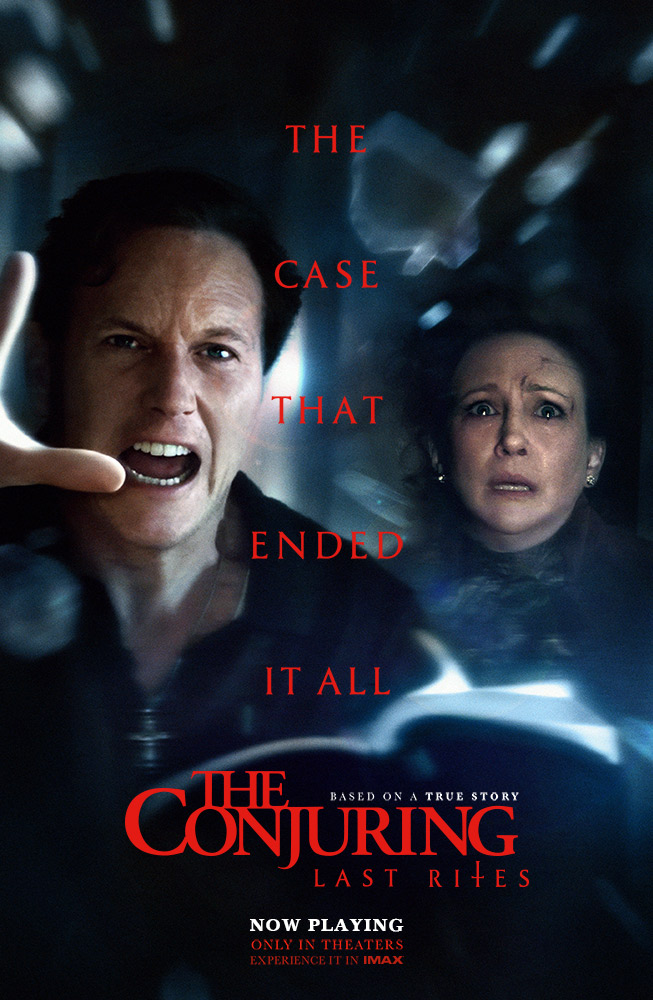ALLAN COLLINS
staff writer
Kamasi Washington is one of the very few modern jazz composers making jazz enthusiasts turn their heads and come to the realization that jazz is not dead, but it is thriving everywhere.
Washington hails from Los Angeles, where he attended UCLA’s music school. There, he began playing with faculty members such as Kenny Burrell, Billy Higgins and band leader/trumpeter Gerald Wilson.
He mostly plays tenor saxophone, and he is proven to already be a master at playing it at the young age of 36 in the jazz community.
Not only that, but he is one intelligent composer for all the instruments that he brings in on his records.
His first album, titled “The Epic,” is basically the most transforming and grooving three-hour jazz record that anyone can listen to.
It has extreme color, texture, spunk and charisma. You should basically stop whatever you’re doing and take a listen to the amazing craft of “The Epic.”
But, onto “Harmony of Difference.” Firstly, this is a lot of the same from “The Epic” but in much more manageable size.
The record is only 36 minutes long instead of three hours. Plus, all the songs but one are around four minutes, which is unheard of for this monster composer.
Each song takes you through a set of human characteristics: “Desire,” “Humility,” “Knowledge,” “Perspective” and “Integrity.”
Then, the last song sums up everything into a nice 12-minute composition for what every human wants, “Truth.”
Every single composition takes you exactly through what the word means to Kamasi and his group of composers.
There is boldness and rashness in “Desire.” There is alarm and cuttingness in “Humility.” There is passion and energy in “Knowledge.” There is a whimsical and flamboyant nature in “Perspective.” And lastly there is a simplistic sound and oddness in “Integrity.”
Individually these songs are soothing and play with every ounce of emotion in your body. Together they play a story of human nature and of human life — the highs and lows that all human beings go through until we all end up at our wanted truth by the end.
In general, all the instruments add a great sense of flow and texture, and without them the song would be missing something —missing a key ingredient to this very complex soufflé of “Harmony of Difference.”
Washington also brings in a lot more instruments than he did in “The Epic” including electric and acoustic guitar, flute, vibraphone and electric base.
He is experimenting with these different rhythms and feels, so maybe in future projects he can incorporate them even more.
The best of it all is the soaring and angelic chorus that he brings.
They add this unearthly feel to the songs that no normal human could even begin to understand unless ready for them.
Overall it is just an intense, mind-pleasing album and the most gratifying record of the year so far.
I would 100 percent recommend it if you are in any way a fan of jazz music.
Happy listening, Gannon University!
• Favorite Song: All of them
• Least Favorite Song: NONE
• Related Artists: Ornette Coleman, John Coltrane, Albert Ayler, Tigran Hamasyan, Mister Ott
ALLAN COLLINS
[email protected]








